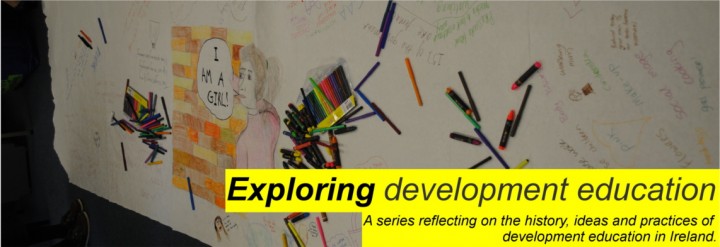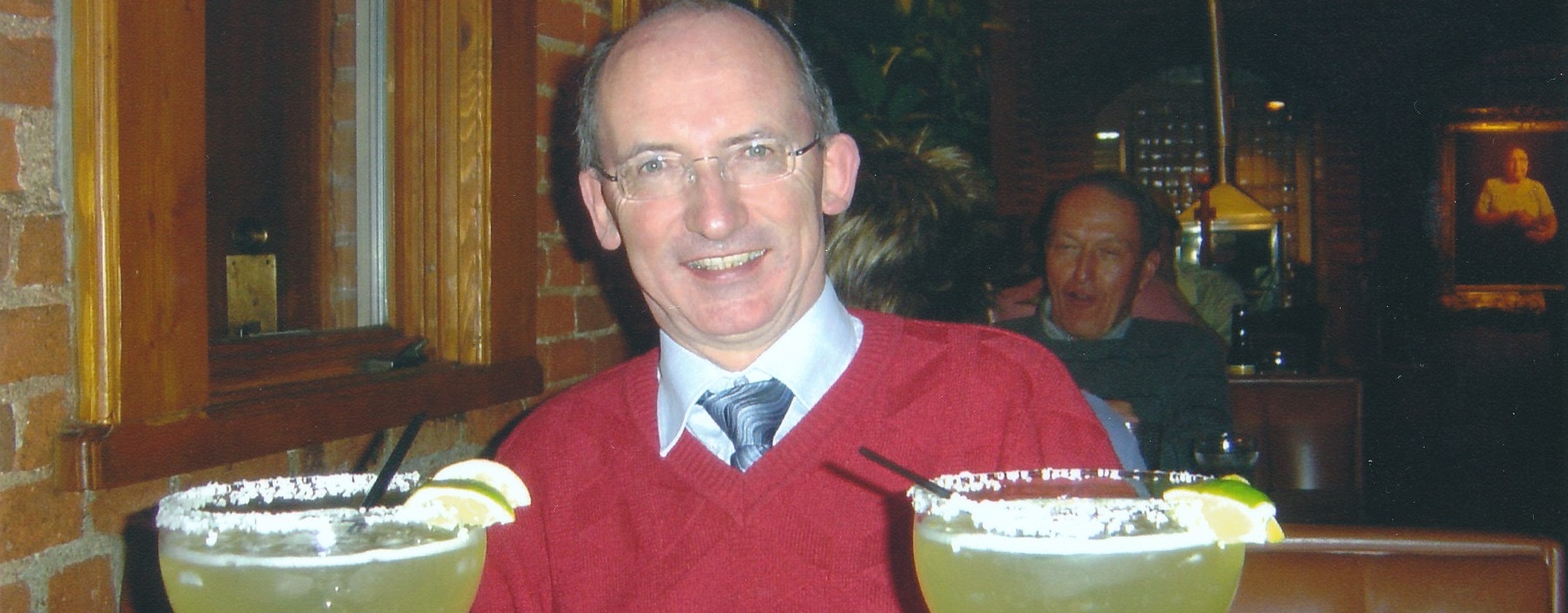Peadar Cremin – teacher, lecturer in education; professor, college president, curriculum developer, activist, colleague and close friend sadly died on November 30th last year. As a tribute to him and his work in development education and related areas, we are publishing four blogs – the initial one below by Colm Regan, another by Roland Tormey, a third comprising tributes from friends and colleagues and a fourth on Peadar ‘in his own words’ by Tony Daly.
All of us in developmenteducation.ie (and especially 80:20 Educating and Acting for a Better World) extend our sympathies and love to Áine and his four daughters and broader family.
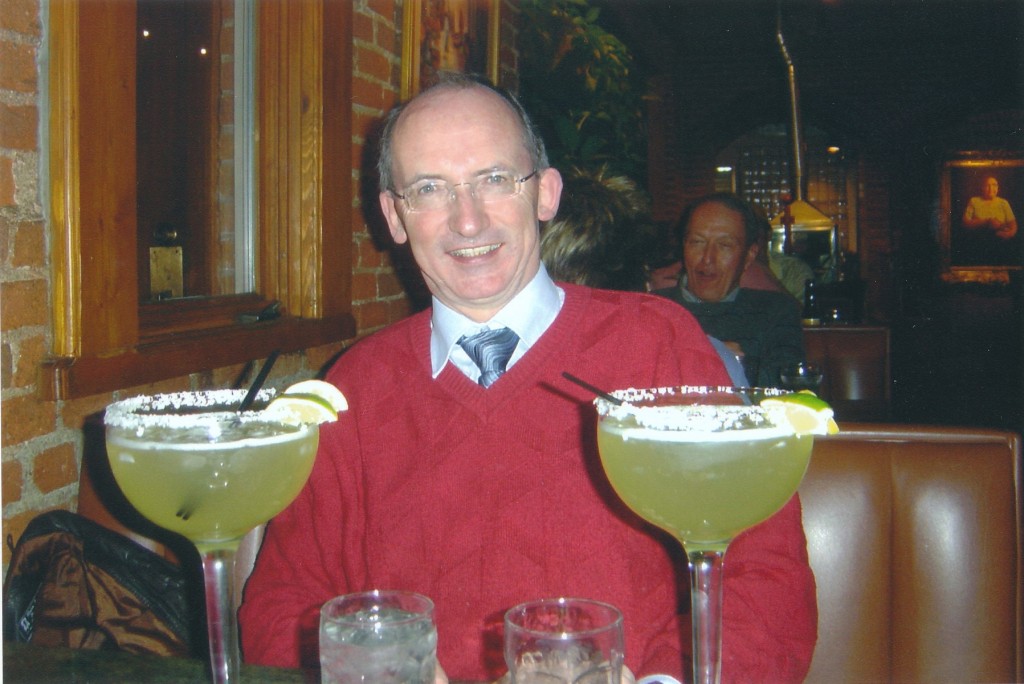
…………………………………..
Peadar first came to DE through his work in Mary Immaculate College, Limerick when, in 1983 he was commissioned by Trócaire to undertake the first DE overview of the Primary School Curriculum in Ireland – it was a path breaking piece of work at the time and led on directly to one of the subsequently best known reviews – that of the Post Primary Curriculum by John Hammond (published in 1991). Together, these reviews formed the basis for much of what later became the first systematic approaches to DE in Ireland involving partnerships between an NGO (in both cases Trócaire) and educational institutions. In this context, Peadar was one of the early DE pioneers in Ireland.
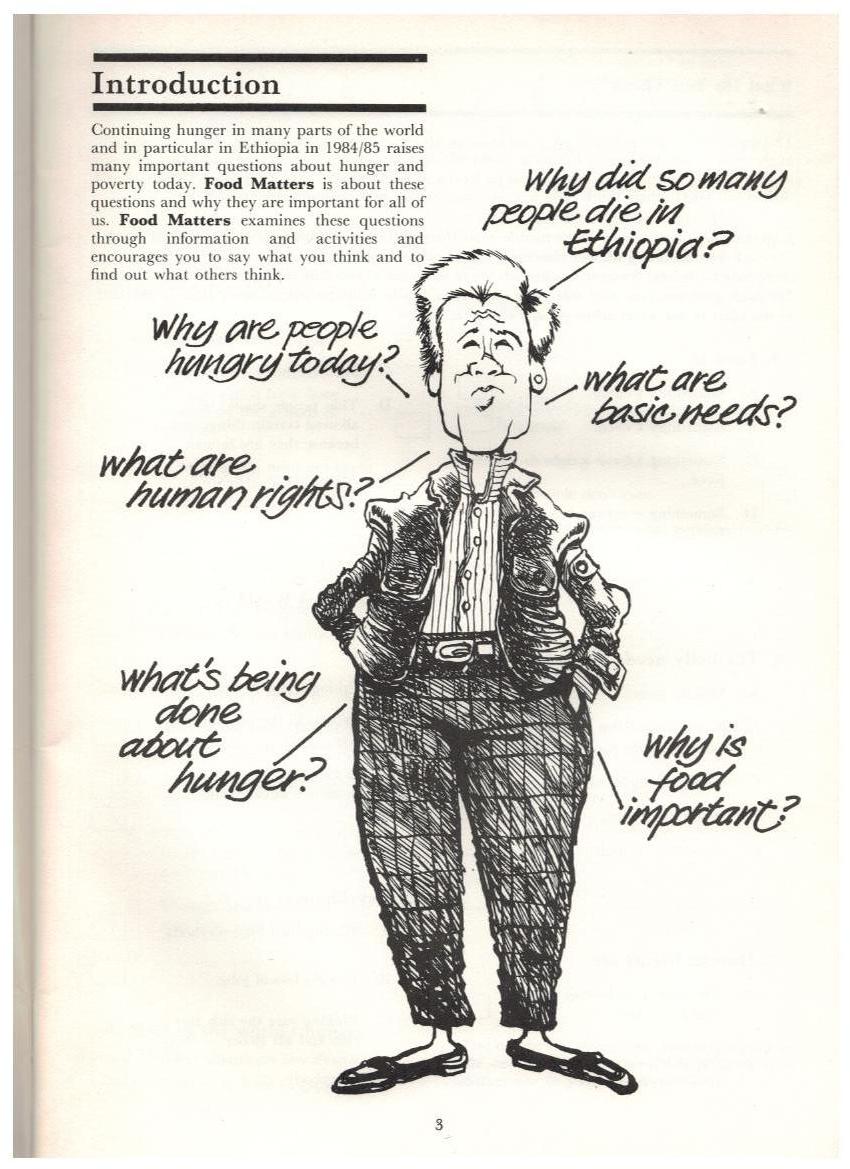
Subsequently, Peadar became involved directly in a huge range of DE and related projects from his first foray into East Africa as part of Trócaire’s Food Matters Project in 1985 (highlighting the ongoing issue of hunger) to his work in Brazil with the Movimento por La Defesa de Favelados (from which emerged the photopack Fala Favela) to his support to the Team Planet Project on environmental education (carried out by Kathleen Horgan) to his work with the Irish Peace Institute on peace education etc.
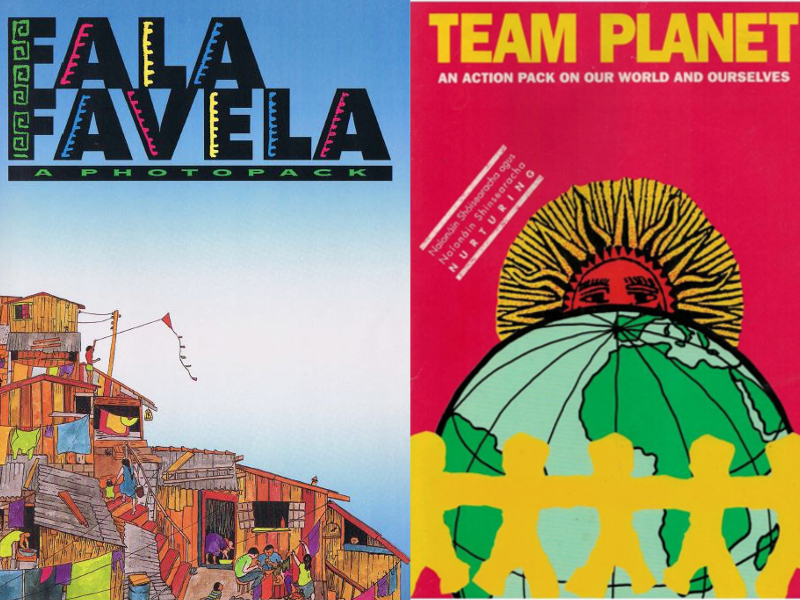
More recently, Peadar had been involved with the MEDAC/80:20 Summer School in Malta. Peadar brought a host of key traits and skills to the work – his attention to detail; his insistence on research and accuracy; his considerable writing skills but most of all his immense teaching ability – something for which he was highly regarded among his peers. But above all, Peadar brought a passion for the subject which elevated it above being simply an intellectual or academic pursuit.
Typical of Peadar’s approach was his preparation for the many DE weekends we had in Kilfinane Education Centre while working on the Primary Schools DE Project (part of Trócaire’s follow through to the primary curriculum review). He arrived primed with worksheets, background information, game sheets, music sheets, art sheets and materials, maps, cards, paper, glue, scissors etc., all the quintessential equipment of the primary teacher. Peadar also brought a work ethic that brooked no slouching – DE was serious work and needed to be treated as such! His passion for Irish also enlivened such workshops through storytelling, song and anecdote. When it came to primary schools DE, Peadar was what we might call the ‘real deal’.
Peadar was also not content to simply ‘teach’ DE, he was happy also to do some of the needed ‘heavy lifting’ to move the agenda forward; thus his initial chairing of the Formal Education Advisory Group in Trócaire (he subsequently became a member of Trócaire’s Executive Committee); his chairing of the then Irish Aid Development Education Advisory Committee along with his involvement with Anton Trant in the subsequent Network of Curriculum Units in Development Education in Ireland. Through his teaching especially in Mary Immaculate College and in primary education more broadly, Peadar inspired and enthused many cohorts of students whose impact we will never be able to measure.
Closer to home, Peadar became the first Chair of 80:20 Educating and Acting for a Better World and significantly shaped the agenda, style and creativity of the organisation. As a chairperson, Peadar steered many a difficult meeting as the sector sought to establish itself amidst the ever changing agendas and politics of Irish Aid, the NGO movement and the various education sector structures and programmes. Perhaps one of Peadar’s greatest contributions (one which will never be properly recognised) was that he, along with a handful of others, mediated the relationship between what had been a ‘piecemeal’ DE educational agenda to one that became increasingly structured and focused. He blended his passion for social justice and equality with a deep appreciation of the role of education in that agenda. Additionally, he was one of the early educationalists to embrace the ‘development’ in DE and added to its strength as a result.
Not content with the agenda in Ireland, Peadar also brought his skill, integrity and experience to bear on the agenda of the Joseph Rowntree Charitable Trust as well as the Joseph Rowntree Reform Trust in the UK and beyond; his engagement with them lasted for many years.
At a personal level, Peadar became a very close colleague and friend and inevitably our families grew together over many projects, holidays, traumas and achievements. Aided and abetted by Áine, Síobhan, Ciara, Sorcha and Clíodhna, Peadar became an integral part of our lives. We plotted, researched, wrote, published, taught and argued DE and many other topics together; we moulded and shaped each other’s ‘take’ on DE in a way only close friends can. And, when push came to shove, Peadar was one of those rare people – someone who stands beside you despite the cost.
Every sector, profession and ‘cause’ has its key reference points and predictably development education is no different. They are usually key events, projects, reports/publications that mould, define and give shape to a story; very often they are the key people who display the vision, skill, application, creativity and integrity which puts flesh on that story. With Peadar’s passing, DE in Ireland has lost one of its enduring reference points; our trade is the poorer for his passing but nonetheless immensely richer for his life and his contribution.
…………………………………………………………………………………………………………………
This blog joins a series of blogs reflecting on the history, ideas, people and practices of development education in Ireland.
